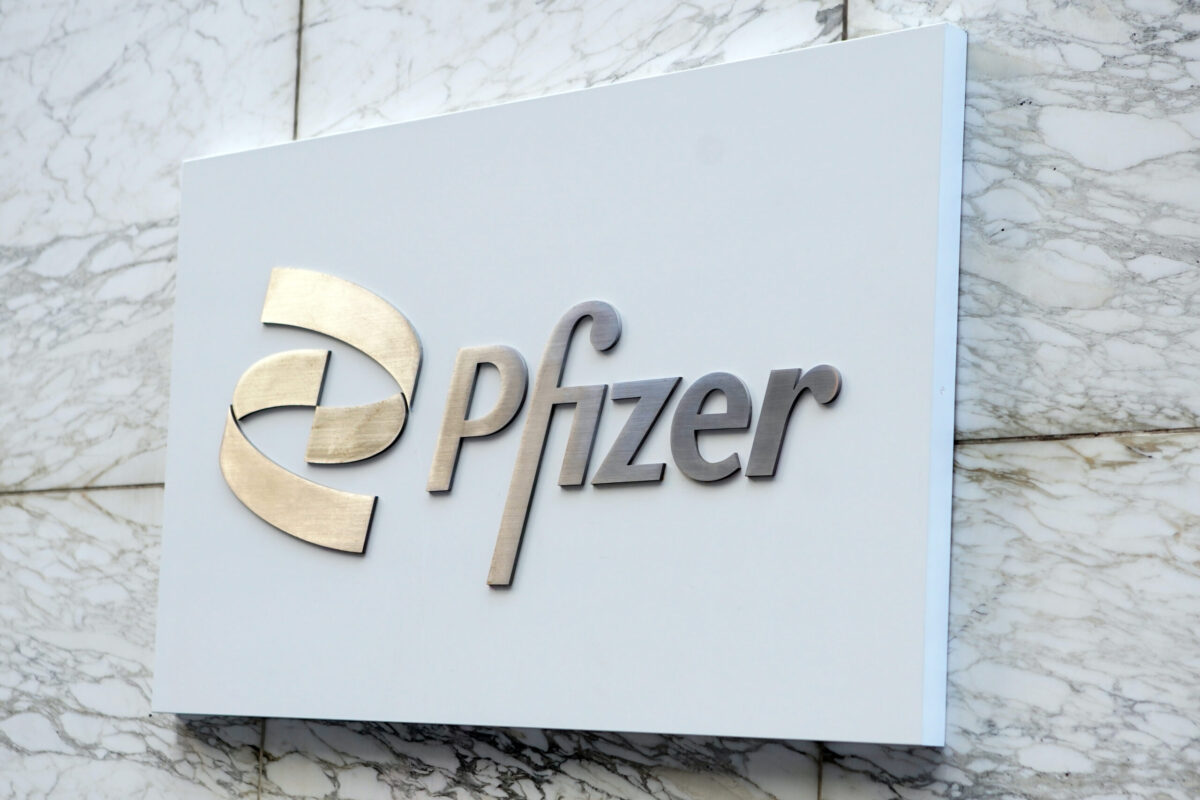The US Food and Drug Administration (FDA) has granted approval to Merck’s Keytruda (pembrolizumab) for the treatment of metastatic or locally advanced esophageal or gastroesophageal (GEJ) adenocarcinoma in patients who aren’t eligible for surgical resection or definitive chemoradiation. The approval of Keytruda for esophageal cancer is indicated in combination with platinum- and fluoropyrimidine-based chemotherapy.
GEJ tumors are classified as having an epicenter up to five centimeters above the gastroesophageal junction.
Keytruda is an anti-PD-1 immunotherapy that has been approved for a growing number of indications over the years, namely advanced, PD-L1 positive cancers. These include advanced melanoma, non-small cell lung cancer (NSCLC), head and neck squamous cell cancer (HNSCC), classical Hodgkin lymphoma (cHL), microsatellite instability-high (MSI-H) or mismatch repair deficient (dMMR) solid tumors, hepatocellular carcinoma as well as advanced colon and rectal cancers. It was first approved by the FDA in 2014 for unresectable and/or metastatic MSI-H or dMMR solid tumors.
The latest approval is based on results from the Phase III KEYNOTE-590 trial, which demonstrated significant improvements in overall survival (OS), progression-free survival (PFS) and objective response rate (ORR) for Keytruda in combination with chemotherapy (fluorouracil or cisplatin) compared to chemotherapy alone, irrespective of PD-L1 expression status.
Globally, esophageal cancer is the eighth most commonly diagnosed cancer and the sixth leading cause of death from cancer. The prognosis for locally advanced or metastatic esophageal and GEJ cancer remains poor, with low 5-year survival rates.
Related: The 4 Biggest Cancer Biotech Acquisitions of 2021 So Far
Pembrolizumab is a therapeutic monoclonal antibody that binds to and blocks the PD-1 receptor on the surface of lymphocytes. PD-1 serves as an immune checkpoint that functions as a “don’t eat me signal” to prevent the immune system from attacking the body’s own tissues. The PD-L1 and PD-L2 ligands, expressed on other immune cells, bind to PD-1 on T cells to activate it. In tumors, many cancer cells produce PD-L1 and PD-L2 which binds to PD-1 on immune cells to repress immune cell activation, allowing them to escape immune surveillance. Treatment with a PD-1 antibody blocks the binding of PD-L1/2, preventing the repression of immune cell activation.
KEYNOTE Trial: Keytruda for Esophageal Cancer
The KEYNOTE-590 is a multicenter, randomized, placebo-controlled trial that evaluated pembrolizumab in combination with fluorouracil and cisplatin in 749 patients with metastatic or locally advanced esophageal or GEJ carcinoma who were not candidates for surgical resection or definitive chemoradiation. Patients were randomized to receive either pembrolizumab (200 mg on Day 1 every three weeks) or placebo (on Day 1 every three weeks) in combination with cisplatin (80 mg/m2 on Day 1 every three weeks for up to six cycles) and fluorouracil (800 mg/m2 per day on Days 1 to 5 every three weeks, or per local standard for fluorouracil administration, for up to 24 months).
The primary efficacy outcomes were OS and PFS. Results from the trial showed a statistically significant improvement in both OS and PFS for patients that received pembrolizumab with chemotherapy (fluorouracil and cisplatin). The median OS was 12.4 months for the pembrolizumab arm versus 9.8 months for the chemotherapy alone group. Median PFS was 6.3 and 5.8 months, respectively.
“There have been few advances in improving survival outcomes in the first-line treatment setting for esophageal cancer over the last three decades,” said Dr. Roy Baynes, senior vice president and head of global clinical development, chief medical officer, Merck Research Laboratories, in a news release from the company.
“We are committed to putting patients first and continuing our research to help advance new approaches to potentially extend the lives of people with cancer. We thank all of the patients, their caregivers and healthcare professionals who participated in the study.”
The approval was reviewed under the FDA’s Real-Time Oncology Review (RTOR) pilot program and the FDA’s Project Orbis, which is an initiative of the Oncology Center of Excellence that offers a framework for the review of oncology drugs among international partner agencies simultaneously. Through the project, the US FDA, Australian Therapeutic Goods Administration, Health Canada and Swissmedic reviewed the KEYNOTE-590 application collaboratively. Although the FDA has given the nod, the application is still being reviewed in Australia, Canada and Switzerland.












Join or login to leave a comment
JOIN LOGIN